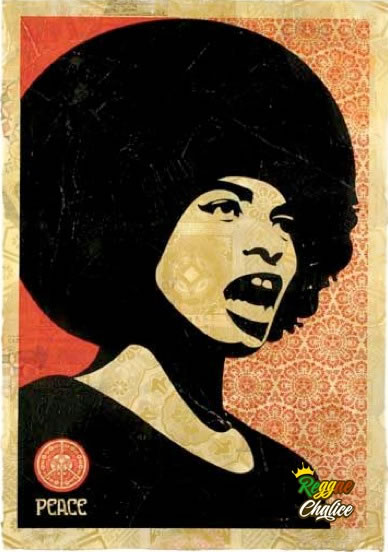In many parts of the world 8 March is a commemorative instance of the struggle of women to conquer civil and political rights. Historical memory, which it has been raised mostly by research conducted by women, It reminds us of the cruel death that had the textile workers in New York, which was not only an isolated fact and the lifting of the workers is part of a social context of demonstrations and strikes led by women-and in some cases also by working girls of the factories- which they took place between 1857 Y 1917 in United States, Europe, and Latin America.
While the origin of the 8 March is not the focus of this column, If it is important that women who rose demanding better working conditions also managed to change something in the collective imagination about what women could do.
And that, If we talk about women's movements, both they lived invisible struggles of black women who were enslaved as popular revolutions staged by women in the West, They reflect a common element among the wide diversity of claims and realities. All of them were women who questioned the provisions, They questioned the institutional, They questioned its reality to transform and improve. Just thinking women being transformed into dangerous.
But these processes have been developing resistance tirelessly throughout history through instances of collective resistance. In Chile, for example, the first women who spoke Emancipation, among other things, they did in 1935 towards a society marked by conservatism and harmful stereotypes. Likewise, in parts of Chile and Latin America, women from poor sectors of Western theories did not need to know what they had to do. The building of the struggles of women born from their own knowledge, from being themselves thinking about their reality and generating knowledge and experiences.
What is known as "gender" refers to a social construct, that is to say, how is conceived is the role that women should play in society and the various areas of life. these notions, although they have varied over the years from the victories won by the social movements of women and sociocultural processes, even how to interact socially it is based on stereotypes and prejudices that are based on moral or religious views on women. From this situation of discrimination and violence legitimated towards women and girls, which results in physical violence, psychological, economic and institutional, a systematic way and perverse; denial of the right to autonomy and self-determination of women to decide about their own body; behavior patterns that repeat generationally reproducing the same conditions of oppression. Even in the world there are places where women are demanding basic rights such as access to education and work; there are still places where women are subjected to forced sterilizations, places where girls are forced to marry, among many others.
Nowadays, the dominant system tries to separate increasingly woman exercising realize its conditions of oppression. For example, symbolic violence behind the commodification of the 8 March and romanticizing of acts of Femicides. Another example, very subtle, It is the introduction of the concept of "empowerment" which has its origin in the capitalist logic. It was initially applied in a business context as an element of organizational theory, with the strategic aim of delegating power and authority to subordinates in order to provide the feeling of owning authority, increasing their satisfaction and confidence, thus, Also productivity. Since the mid '80s to today, this term is already part of the social language and has been incorporated into different perspectives of gender and human development.
Under this logic, the empowerment of women is perceived as the process that they "learn" that they can achieve their goals by recognizing their own abilities, that is to say, the stereotype of woman who should "empower" the woman as a symbol of vulnerability. Or from the perspective of empowerment as a useful element when looking at women as social capital, as figures for the economic development of societies. But curiously this concept does not apply to the time to talk about the dominant structures. That is to say, it remains the duty of submission and obedience, but empowered.
Contrary to this, when women who were protagonists of great social transformations questioned their conditions of oppression, It was not to be agents useful in the service of the dominant system, it was not because "learned" to empower. They thought of themselves and regained their power.
There is something new that women have to learn to define themselves as "empowered". What is taught and what is meant in the social imaginary as an internal learning process, It is actually a recovery of the ancient power that has always been part of women through history.
Think for yourself is a right of which have been deprived thousands of women. Retrieve is also honor the memory of all those who were burned, murdered, tortured, missing, imprisoned, killed in fight for freedom from you, Me and all companions.
* By Sista Susy *





















